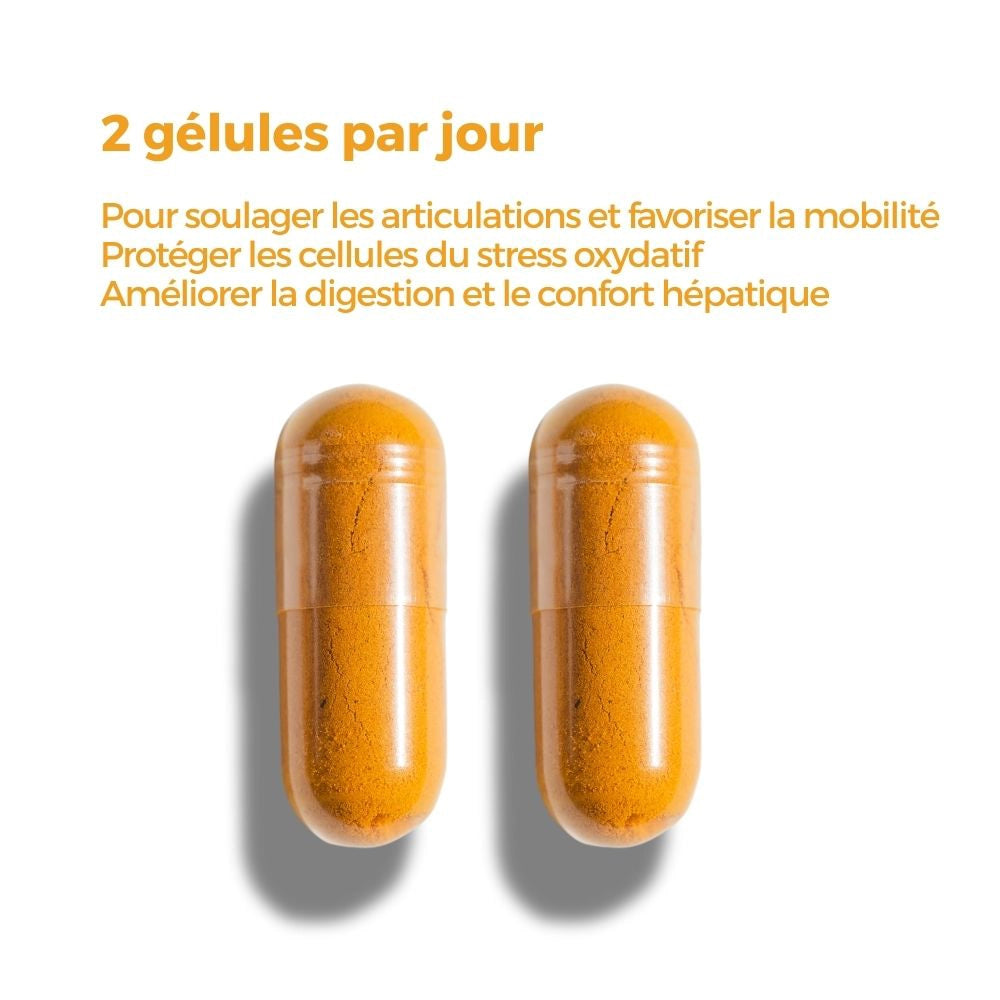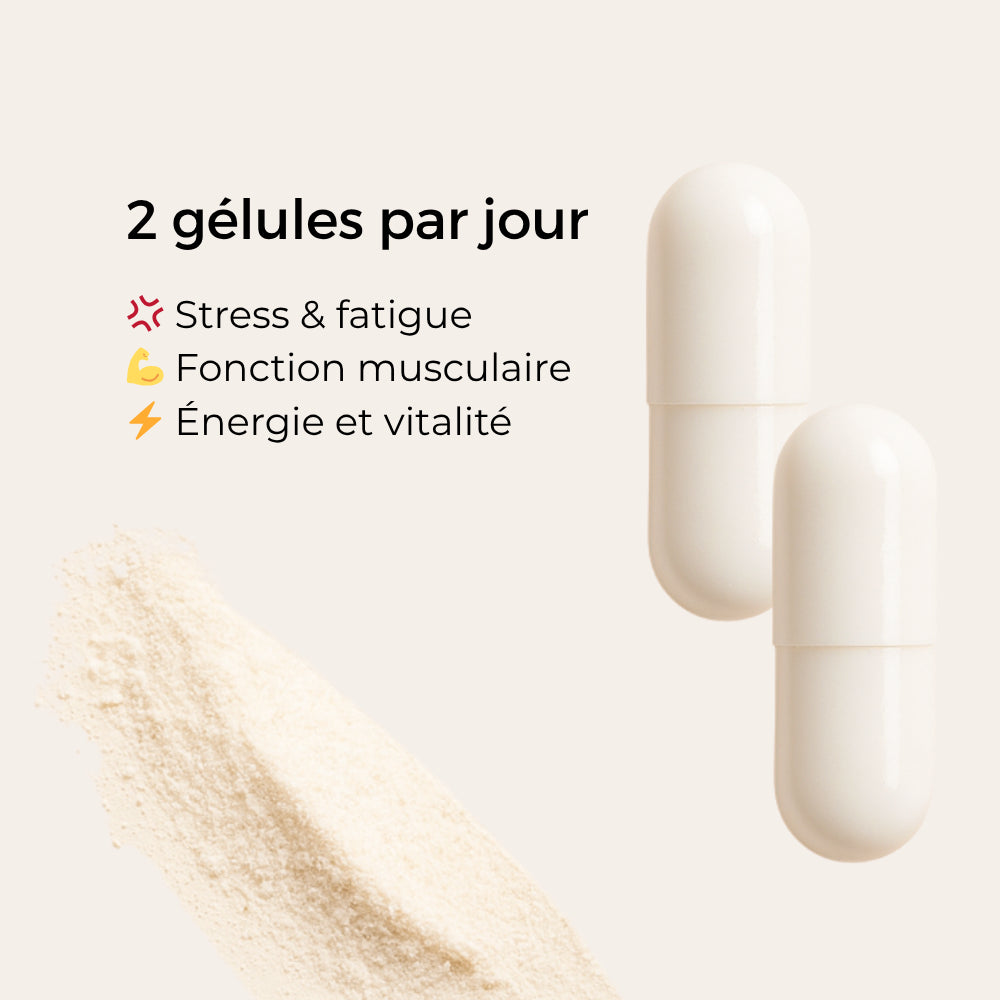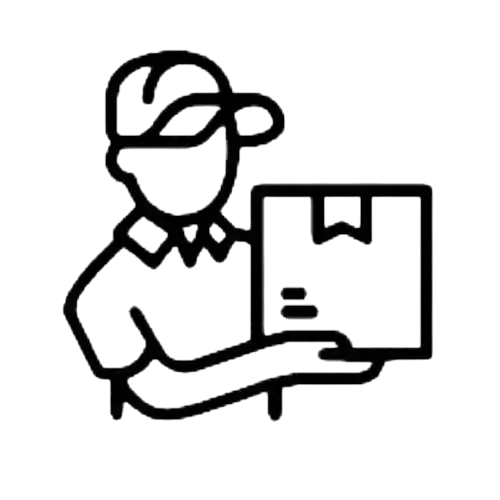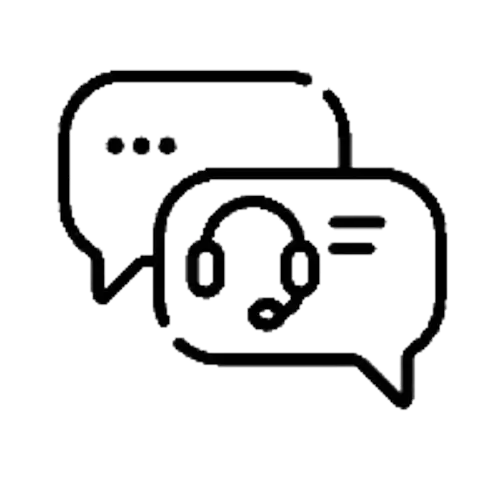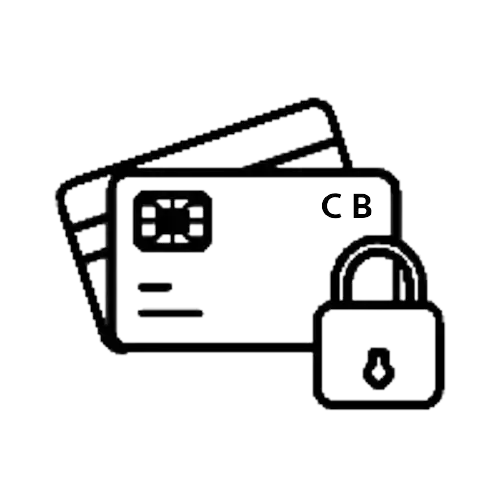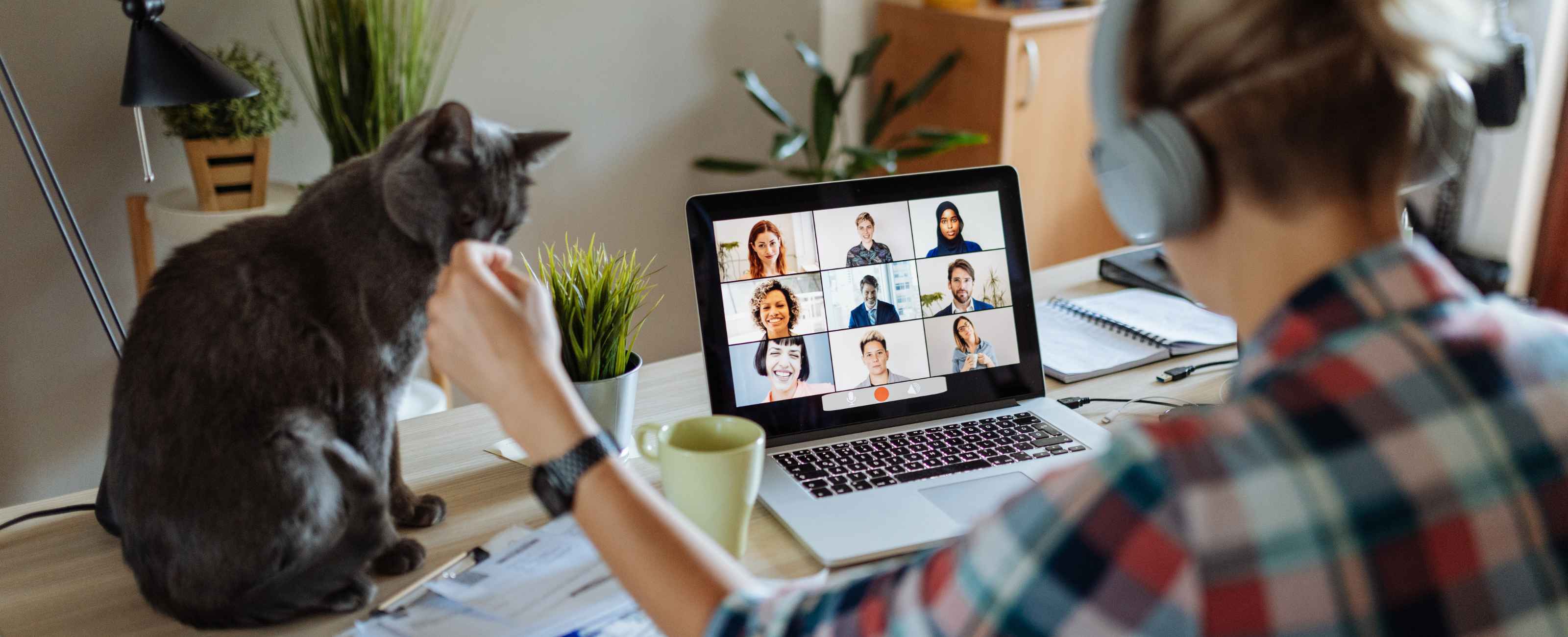
Stress and teleworking
Stress is one of the main ills of our time and current generations. Since the events linked to the global pandemic (COVID 19), the government and many companies have encouraged a new form of remote and home working: teleworking. But this new form of work is also responsible for numerous disruptions, disorders and new illnesses. The main problem is linked to the stress at work caused by this practice which is currently becoming a real new generator of stress, that is to say a new occupational disease. But, do you really know the risks associated with teleworking?
Teleworking is a source of stress
Suffering at work, worries, irritability, feelings, apprehensions and fears linked to this era of doubts and health and medical crisis are generating numerous physical and psychological disorders in the population. In the most serious cases, this can range from malaise, a strong exhaustion syndrome, to acute stress, to fatigue or chronic stress, to work overload, or even insomnia or depression. . Among the working population, following the ban on going to their workplace (apart from a few special cases), a significant proportion was forced to start a new, unprecedented form of work: teleworking. This hits approximately close to ? of French people today who are seeing their way of working, their professional conditions, and therefore their lifestyle change radically.
Current studies show that among those working remotely, nearly one in two employees are now experiencing stress and psychological distress, that is to say stress in the office (even if at home). The rate is only increasing dangerously, particularly since the second confinement. At the same time, sick leave, particularly long-term sick leave and those linked to psychological or psychosocial disorders are also exploding (30% increase in 2020). In all cases, we are witnessing work overloads, lack of resources, as well as uncertainties about the professional future, which affect mental health. Around a third of employees are even in a state of severe emotional exhaustion, and at least 5% of employees are currently experiencing burnout . The phenomenon also affects first positions as well as executives and managers.
In addition, an increase in digital incivility has been observed, lack of respect, absence of listening or attention too, linked to video conferences where everyone is focused elsewhere than on their colleagues. Some workers also have the feeling that digital technology is used to monitor them (working hours, daily output, availability, increased number of emails to the hierarchy to put pressure on, moral harassment, etc.). All these observations are experienced by employees as incivility, aggression, which harm the worker's involvement, his commitment, his performance, as well as his dose of professional stress. Finally, more and more workers consider their work useless or absurd. More than 60% of teleworking employees actually say they stay in their company only out of obligation, for lack of anything better, and for fear of unemployment.
In summary, in addition to the known problems, teleworking is today the main cause of daily stress for employees . Unfortunately, no company has anticipated or planned measures for its employees, in order to overcome this new source of stress.

The solutions
The government has just set up, through the Ministry of Labor, a telephone support line (toll-free number) in an attempt to accompany and support employees in distress regarding stress in the workplace. The line has been called “Listening, Support and Advice for Workers” and is intended for VSEs and SMEs who feel particularly isolated. The number, which is free, anonymous and open 24 hours a day, 7 days a week, is 0 800 13 00 00. More than 70 psychologists are available to help you.
Other techniques exist to transform this stress into “positive stress”. You must start by trying to take initiatives so as not to suffer from events and accumulate anxiety. We must try to anticipate and adapt as flexibly as possible to any novelty, any unforeseen event, any change to the schedule or the tasks to be accomplished. Ideally, this positive stress can be used to gain more motivation and energy.
In the case of very sudden, sudden and violent stress, which could not be anticipated, we speak of “negative stress”. It is a stress suffered, where the individual does not see how to escape from the new constraints imposed, and cannot relax by planning his activities because he is taken by surprise. This stress is in fact the result of micro-factors such as loss of control, unpredictability, degraded professional relationships, personal insecurity, anticipation of even greater problems, etc.
Today, several relaxation techniques, including:
breathing exercises can be very useful and effective depending on the cases and profiles. They tend to curb stress factors linked to workload or its modalities, and to reduce psychosocial risks.
Better organization of work can also help reduce the risks of exhaustion linked to these working conditions and excessive workload.
In the most serious cases, for the most affected individuals, you can contact your doctor.
In the case of individuals who are looking for a lighter but nevertheless effective, more natural solution, we generally recommend taking anti-stress food supplements.
Food supplements
Among current food supplements, several ranges offer supplements intended to combat stress, to have better stress management, and even anti-stress ranges.
Délicure offers a perfectly indicated anti-stress supplement in its range: Stress gummies . This is a supplement which, like all the other ranges of the brand, is: made in France , gluten-free, 100% vegan, with delicious natural flavors, not tested on animals, and packaged in recyclable packaging! “No Stress” gummies are composed of an alloy of gaba, holy basil, rhodiola, saffron and vitamin B6, to protect the nervous system, reduce stress levels, and promote relaxation!



















